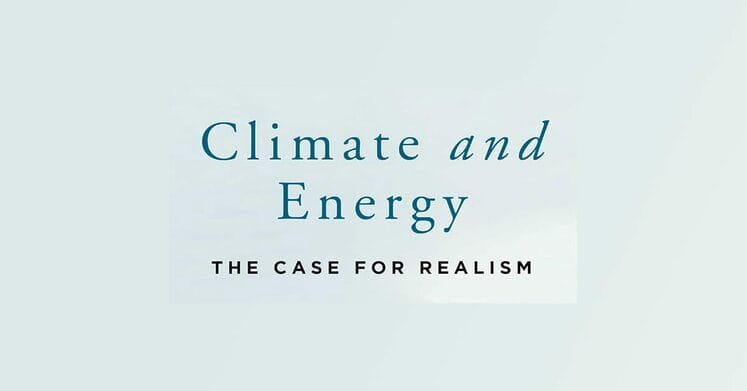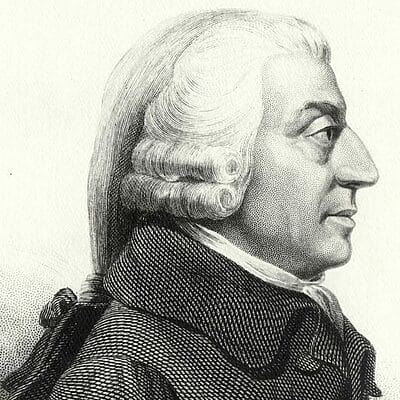
Climatologist Dr. David Legates discusses his new book Climate and Energy: The Case for Realism. In this book, Legates tackles the issue of climate change from a Christian perspective, aiming to dispel common misconceptions surrounding the topic. He argues that green energy and climate regulations, rather than fostering the flourishing of life, actually restrict it, making them anti-human and, by extension, anti-Christian. Legates posits that oil and gas represent human solutions to the challenges we face. Furthermore, he criticizes the environmental movement for relying on fearmongering and exploiting panic, suggesting that such tactics detract from constructive dialogue and solutions.
Interview with Kurt Gerwitz
Kurt Gerwitz explains his perspective on the economy and how it’s affecting everyday people. The Biden administration has been accused of dishonesty, with critics arguing that it professes goals contrary to the outcomes of its actions; for instance, while President Biden claims to aim for reducing inflation, the measures taken by his administration appear to only exacerbate the issue. Furthermore, it is argued that Biden’s policies are facilitating corporate greed, contributing to the economic strain on ordinary Americans. Critics suggest that the logical remedy to counteract what they see as Biden’s regressive policies is to reduce the size and scope of government intervention in the economy. Meanwhile, Democrats assert that they have a plan to tackle shrinkflation, a phenomenon where products decrease in size or quantity while their prices remain the same or increase, through a yet-to-be-disclosed bill, adding another layer of debate to the administration’s economic strategies.
Interview Janak Joshi
Dr. Janak Joshi notes why he is a candidate for Congressional District 8. Learn more here.



Responses